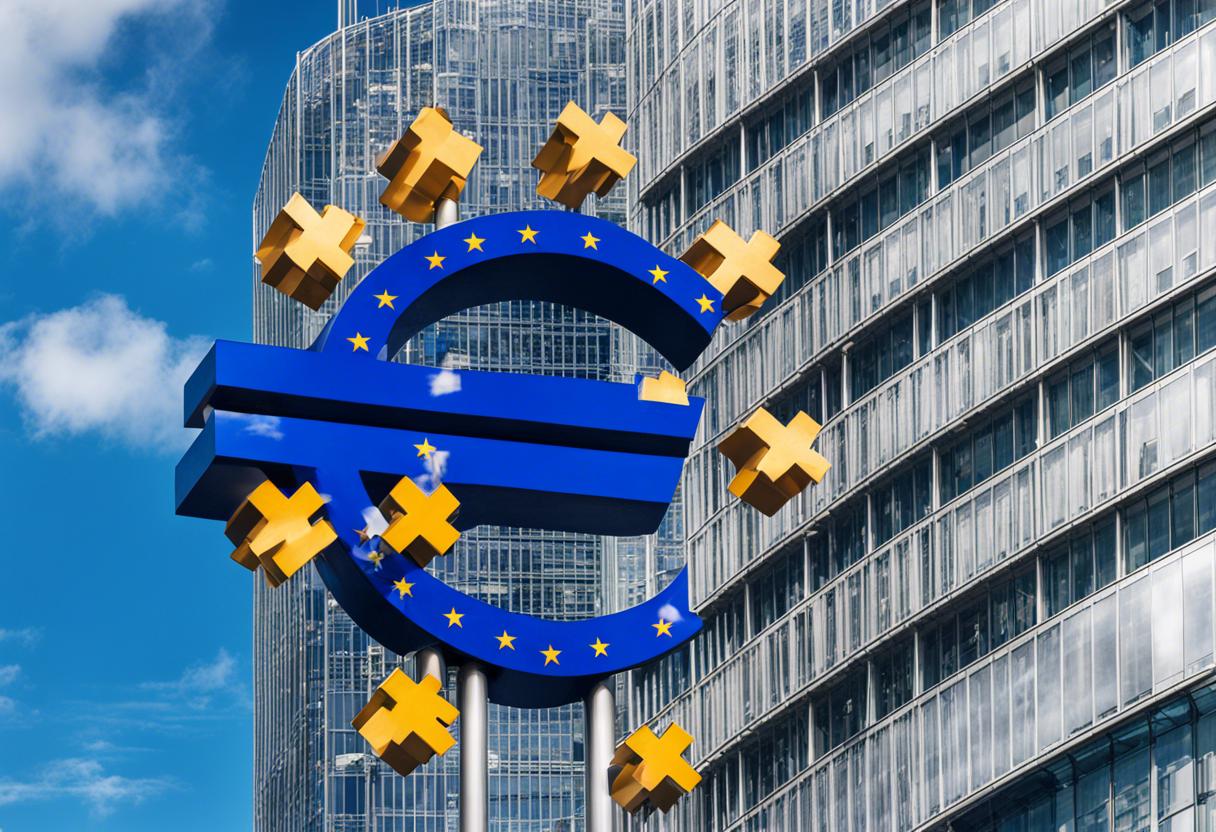EU plans to centralise the procurement of critical commodities like natural gas, hydrogen, and minerals have been heavily criticised by commodity trading platforms. They argue the plans, which would require the creation of a new trading system later to be handed over to Brussels, represent excessive bureaucracy and would place the bloc in direct competition with commercial entities.
Major software providers in the industry have expressed concerns that the initiative would undermine efforts in Europe to promote local tech projects. They suggest that the plans are not compatible with current trading procedures for the target commodities.
These comments represent the most severe criticism yet of the EU’s attempts to consolidate commodity demand in an effort to lower prices and stimulate emerging or local markets, similar to the successful approach used for Covid-19 vaccines. The EU also embraced collective purchasing of gas following Russia’s full-blown Ukraine invasion, which led to historic price surges.
However, tech firms Enmacc and MetalsHub, both prominent providers of commodities procurement software, argue that such a proposal risks undermining the business models of regional tech companies.
A document published in early June, valuing the project at €9 million, indicated that the whole modular IT platform’s operation would be handed over to the European Commission after a five-year operation period.
“The fact that our toughest competitor might become the European Commission is quite alarming,” said Jens Hartmann, CEO of Enmacc, a platform trading gas and green energy that oversaw trades worth €35bn last year. Harthmann questioned why the EU would even need to run a platform when similar infrastructure is already managed by European firms.
He further stated: “Investing €20mn in technology is feasible for us, but surrendering our intellectual property rights is not. As a venture-based firm, safeguarding the IP is crucial.”
A spokesperson for the commission stated that the goal is to contract a management firm for the platform. The spokesperson added that the executive body required specialised expertise and would work closely with the contractor.
The EU is hoping to replicate its success with the AggregateEU platform, managed by the software firm Prisma, which traded 42 billion cubic metres of gas last year. The proposed new IT platform would replace AggregateEU.
Maroš Šefčovič, the leading European Commissioner for AggregateEU, announced in May a significant demand for a joint buying platform for strategic commodities, a blueprint for the initiative. EU officials suggested the commission might consider adopting the platform operations prematurely.
However, Frank Jackel, MetalsHub’s co-founder and director, stated his company voiced their dissatisfaction about the EU managing their software platform. Jackel questioned if the European Commission seeks to rival top private firms in the EU. He pointed out the scarcity of tech companies serving as global leaders based in Europe and went on to argue that policymakers lack the expertise to establish and manage commodity trading platforms.
An auto industry executive from Europe stated that joint acquisition could bolster lesser suppliers’ supply chains but voiced concerns about the EU potentially enforcing obligatory stockpiling or requisitions to decrease reliance on China. The executive emphasised their desire for limited interference from policymakers or European governments in the raw material market trading platforms.
The duo behind the trading software critiqued the EU’s plans for collective purchasing of varied commodities with minimal similarities. They expounded that gas is a significant and mature global market, while hydrogen is an emerging market solely trading on long-term contracts. Moreover, specialised raw materials like lithium, graphite and rare earths, catering to specific customer preferences, have illiquid and incomprehensible markets.
The two firms have joined forces to attempt to win the bid, stressing their eagerness to assist the EU in accomplishing its objectives regarding commodities procurement. They encouraged the bloc to rethink the proposition, claiming it lacked practicality due to the varied trading conditions. – Copyright The Financial Times Limited 2024.

